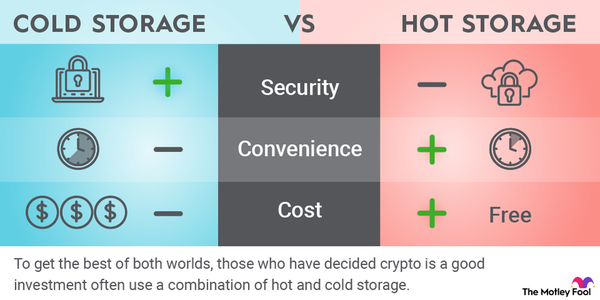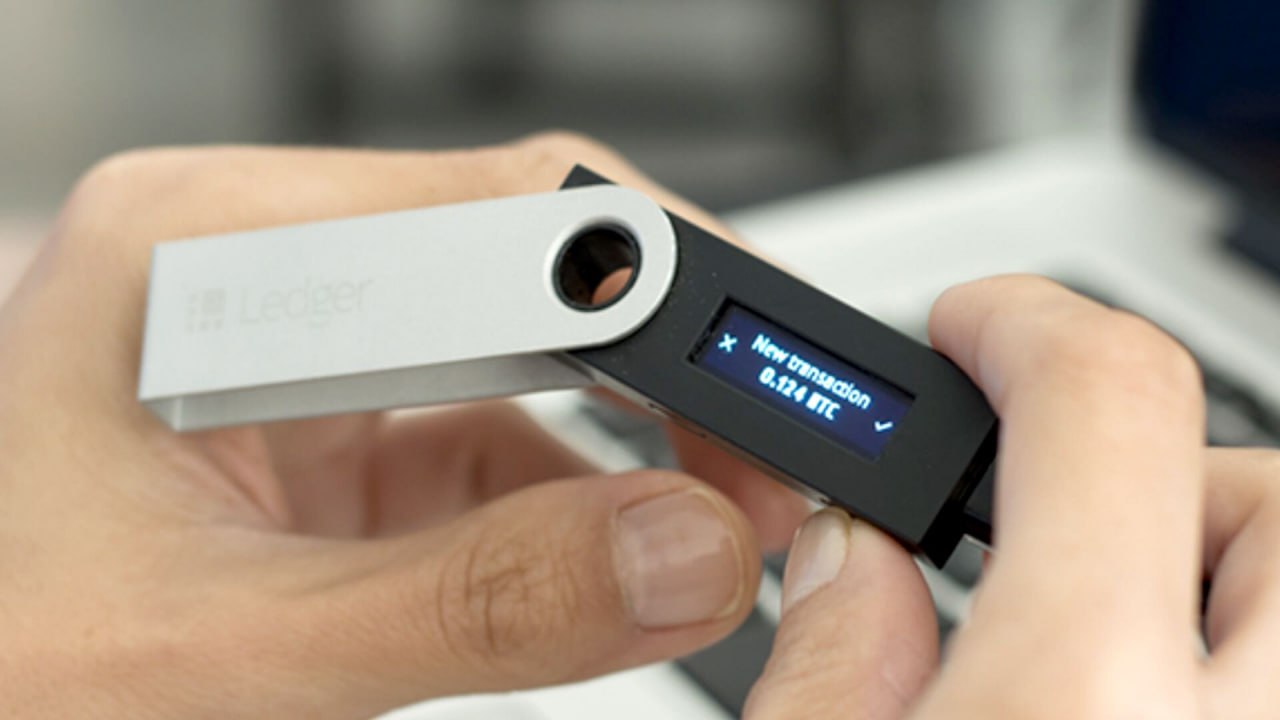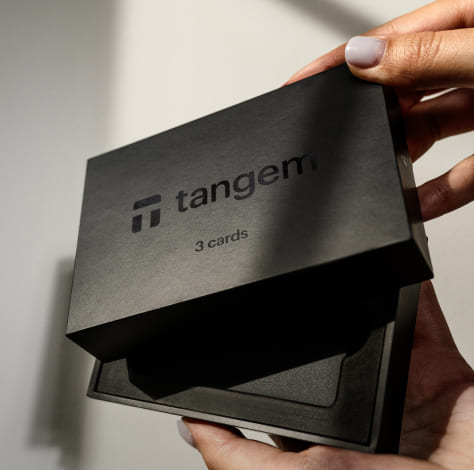Most cryptocurrency investors face the challenge of selecting the right hardware wallet to manage their digital assets effectively. It’s vital to know which wallets provide the widest support for various cryptocurrencies to ensure you can securely store your entire portfolio. In this post, you’ll discover which hardware wallets stand out in terms of coin compatibility, features, and security measures, helping you make an informed decision to protect your investments.
Key Takeaways:
- Hardware wallets vary significantly in the number of supported cryptocurrencies, impacting user choice based on specific coin needs.
- Popular hardware wallets like Ledger and Trezor tend to support the widest range of coins and tokens.
- Compatibility with various blockchain networks is important for maximizing investment and trading options.
The Race for Coin Support: Comparing Leading Hardware Wallets
| Trezor Model T | Over 1,800 coins and tokens |
| Ledger Nano X | Over 5,500 cryptocurrencies |
| CoolWallet Pro | Over 100 coins |
| KeepKey | Over 40 coins |
What Sets Hardware Wallets Apart
The capacity to support a wide array of cryptocurrencies is a defining feature of hardware wallets. Some devices like the Ledger Nano X have established dominance by accommodating more than 5,500 coins, significantly broadening your investing options. In contrast, devices such as KeepKey have a much more limited selection of only around 40 coins, which can restrict your investment diversification.
Security features also play a vital role in distinguishing wallets. Most hardware wallets employ advanced security measures, including secure elements and PIN protection, ensuring that your private keys remain safe offline. This offline storage significantly reduces the risk of hacks that are prevalent in online wallets, giving you peace of mind while managing numerous cryptocurrencies.
Key Players: Trezor vs. Ledger vs. Others
In hardware wallets, two brands stand out: Trezor and Ledger. Trezor Model T’s main appeal lies in its user-friendly interface and robust security. You’ll find it supports over 1,800 coins, enabling easy management of diverse portfolios. Ledger, on the other hand, has gained traction due to its unmatched volume of supported assets and comprehensive mobile support, making it ideal for active traders.
Other players like CoolWallet Pro and KeepKey offer additional options at varying levels of convenience and security. Each brand has distinct features tailored to specific user needs; for instance, CoolWallet Pro offers a sleek mobile experience while KeepKey prioritizes simplicity in design.
Both TrezorSome of the links on this page are affiliate links. If you purchase a cold wallet through these links, we may earn a commission at no extra cost to you. and Ledger demonstrate a clear commitment to supporting a wide range of cryptocurrencies, thereby catering to diverse investment strategies. You might prefer TrezorSome of the links on this page are affiliate links. If you purchase a cold wallet through these links, we may earn a commission at no extra cost to you.’s accessibility or Ledger’s extensive asset library based on your personal preferences and cryptocurrency interests. Additionally, as new coins emerge, both brands regularly update their firmware, ensuring that your wallet remains current with the latest market developments.
Coin Accessibility: A Deep Dive into Supported Cryptocurrencies
The Top Contenders: Who Supports the Most?
The landscape of hardware wallets is shaped significantly by the variety of cryptocurrencies they support. Leading models such as the Ledger Nano X and Trezor Model T dominate the market due to their extensive coin compatibility. The Ledger Nano X supports over 1,800 cryptocurrencies, enabling users to manage a diverse portfolio seamlessly. On the other hand, Trezor Model T, with its user-friendly interface and robust security features, supports around 1,600 assets, making it a formidable competitor. Your choice between these top contenders may hinge on the specific coins you plan to hold, so it’s imperative to verify the latest compatibility lists of these wallets.
Other notable wallets, like the EllipalSome of the links on this page are affiliate links. If you purchase a cold wallet through these links, we may earn a commission at no extra cost to you. Titan, also shine in this arena, boasting support for more than 10,000 coins and tokens, thanks to its unique air-gapped security model. While the broader coin support can be appealing, it’s vital to assess the ecosystem of each wallet. Features such as coin staking, integration with decentralized finance (DeFi), and user experience should factor into your decision-making process, ensuring you pick a wallet that aligns with your investment strategies.
The Count: Analyzing Coin Metrics Across Wallets
When analyzing the metrics of supported coins among hardware wallets, differences become apparent. For instance, while the Ledger Nano X takes the lead in overall count, analyzing which specific coins and tokens are included is equally important. You may find that some wallets exhibit strong support for popular cryptocurrencies like Bitcoin and Ethereum but lack compatibility with emerging altcoins that might be of interest to you. Tracking these details allows you to pair your investment portfolio with the right storage solution effectively.
A deeper examine the coin metrics reveals not just the quantity of supported assets but also the depth of features associated with them. Some wallets provide integrated exchanges or DeFi services for specific coins, while others offer enhanced security for less common tokens. Understanding these distinctions is imperative for tailoring your hardware wallet choice to suit your trading habits and preferred cryptocurrencies.
Wallet comparison indicates a significant variance in supported assets, with some options favoring established cryptocurrencies while others prioritize a broader array of lesser-known tokens. This differentiation impacts how users can diversify their portfolios and engage with the crypto market. You should consider what aligns best with your investment goals and the specific coins you wish to utilize.
Features Beyond Coin Support: The Full Wallet Experience
Beyond sheer coin support, hardware wallets offer a range of features that can enhance your overall experience. These features include advanced security protocols, ease of use, integration capabilities, and additional functionalities that can significantly affect how you interact with your cryptocurrencies. For instance, some wallets come with built-in exchanges, allowing you to operate within the same ecosystem without transferring your coins to a third-party service. Others provide compatibility with various software, enabling seamless interactions across multiple platforms, which adds significant convenience to managing your crypto portfolio.
The variations in user experience across different hardware wallets contribute immensely to their appeal. While some may focus on extensive coin support, others may prioritize an intuitive interface or advanced security measures. Evaluating how these elements align with your specific needs is necessary for making an informed decision and maximizing your interaction with cryptocurrency.
Security Protocols: How They Stack Up
Security remains a top priority for cryptocurrency holders, and hardware wallets vary considerably in the security protocols they implement. Leading models employ multi-signature capabilities, ensuring that multiple approvals are required for transactions, which adds an extra layer of protection against unauthorized access. Additionally, sensitive information is stored offline and is often encrypted, making it even more challenging for cybercriminals to compromise your assets. Look for devices that offer biometric authentication, like fingerprint scanning, which can enhance security by tying access to a unique biological identifier.
Some wallets also implement recovery seed phrases, enabling you to regain access to your assets if the device is lost or damaged. This feature can be a double-edged sword; while it provides a safety net, the security of this recovery method relies heavily on how you store and protect the seed phrase itself. Wallets with customizable backup options and enhanced recovery functions can provide peace of mind while you navigate the sometimes tumultuous waters of cryptocurrency trading.
User Experience: Interface and Usability Considerations
The user interface of a hardware wallet can greatly impact your experience, especially if you are new to cryptocurrency management. Wallets with simple, clean interfaces tend to facilitate quick navigation between different sections, making it easier for you to manage transactions and monitor your coin holdings. Some wallets include mobile companion apps that sync with the hardware, allowing you to check balances and send coins while on the go. Customer support options, such as live chat or thorough user guides, can also enhance usability, providing assistance when you encounter hurdles.
Overall, the best user interfaces are often intuitive, minimizing the learning curve for newcomers while offering advanced features for experienced users. The design should not only be visually appealing but also functional, providing adequate feedback and support throughout your interactions. Additionally, customizable options that allow you to tailor settings to suit your individual needs can further streamline the user experience, making managing your cryptocurrencies more efficient and less daunting.
Making an Informed Choice: Selecting the Right Wallet for Your Needs
Your choice of hardware wallet significantly impacts the security and accessibility of your crypto assets. Understanding both your investment style and the wallet’s capabilities will help you make a selection that aligns with your needs. Assess the variety of supported currencies, ease of use, and security features. Consider if you require a wallet primarily for trading or long-term storage, as this will guide you toward different options.
Considerations for Different Types of Investors
Different investor profiles – whether casual investors, day traders, or institutional investors – necessitate distinct considerations when selecting a hardware wallet. For instance, casual investors focusing on long-term holding might prioritize wallets with extensive coin support and strong security features, while day traders may prioritize those that offer easy access to trading platforms. Institutional investors, on the other hand, should look for wallets that provide advanced security protocols and multi-signature functionalities to safeguard large holdings effectively.
- Security features
- Supported cryptocurrencies
- Ease of use
- Access to trading platforms
- Backup and recovery options
| Investor Type | Wallet Features to Consider |
| Casual Investors | Extensive coin support, high security |
| Day Traders | Quick access, integration with exchanges |
| Institutional Investors | Multi-signature capabilities, advanced security |
| Active Traders | User-friendly interface, mobile compatibility |
| Long-term Holders | Backup options, durability |
Future-Proofing Your Investment: Anticipating the Evolving Crypto Landscape
With the crypto space evolving at a rapid pace, looking ahead at potential trends can significantly influence your wallet selection. Expect the emergence of new cryptocurrencies, technologies, and changes in regulations. Wallets that can adapt to support upcoming assets or provide integration with evolving technologies will be most beneficial for future-proofing your investment strategy.
Consider choosing wallets designed for scalability and flexibility in mind, as they can accommodate a broadened array of cryptocurrencies and incorporate enhanced security features as needed. Not only should you focus on current offerings, but also inspect the company’s track record for updates, customer service, and community engagement. After evaluating these factors, you can confidently select a wallet that remains relevant in a dynamic market.
Summing up
Drawing together the analysis of various hardware wallets, it’s clear that selecting a wallet that supports a wide array of cryptocurrencies is crucial for your investment strategy. When you consider your options, look for wallets that provide compatibility with multiple coins and tokens to ensure you can manage your diverse portfolio without restrictions. A wallet that supports a greater number of assets not only offers convenience but also flexibility in your trading and holding strategies.
In your quest for the ideal hardware wallet, weigh the support for different cryptocurrencies alongside other factors like security features, ease of use, and customer support. Understanding which wallet aligns best with your needs will empower you to make informed decisions that suit your financial goals. By focusing on a wallet that supports a wider range of coins, you can enhance your overall crypto experience and safeguard your investments more effectively.
FAQ
Q: Which hardware wallet supports the most cryptocurrencies?
A: As of October 2023, Ledger Nano X supports a wide range of cryptocurrencies, with compatibility for over 1,800 different digital assets. It is well-regarded for its extensive coin support and regular updates.
Q: How do different hardware wallets compare in terms of coin support?
A: Hardware wallets vary significantly in coin support. Trezor Model T supports more than 1,600 coins, while KeepKey offers support for around 40 coins. Users should assess their specific needs to choose the most suitable wallet for their holdings.
Q: What factors should I consider when choosing a hardware wallet for diverse coin support?
A: Key factors include the number of supported cryptocurrencies, user interface, security features, and the wallet’s update frequency. Additionally, check if the wallet allows for easy management of various tokens and coins.







